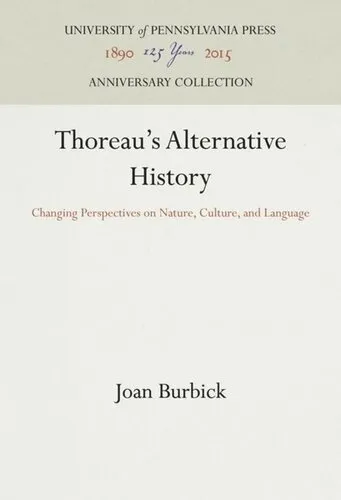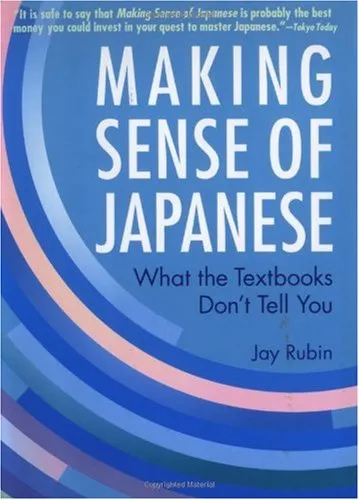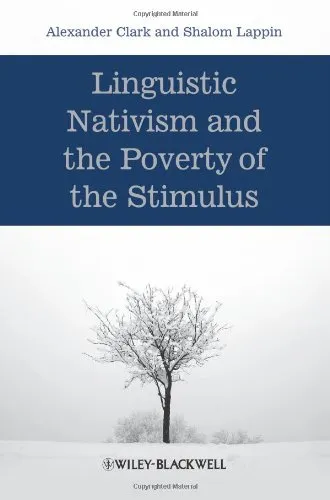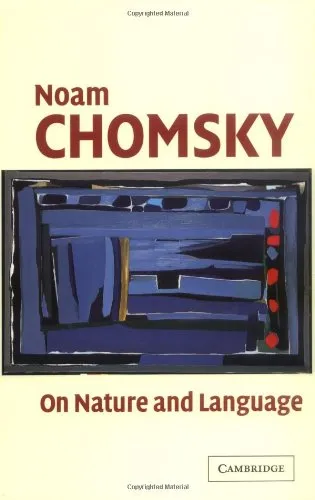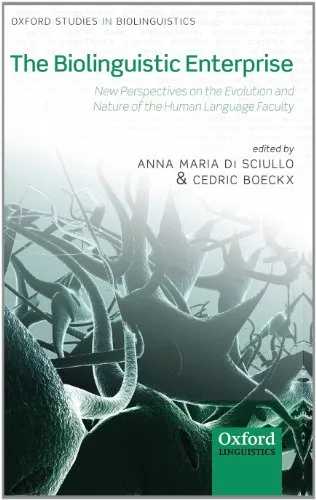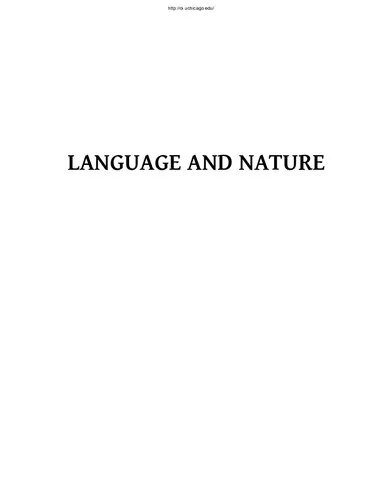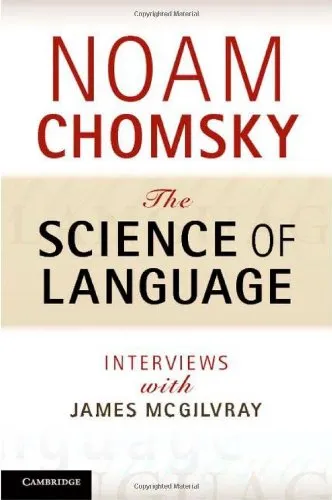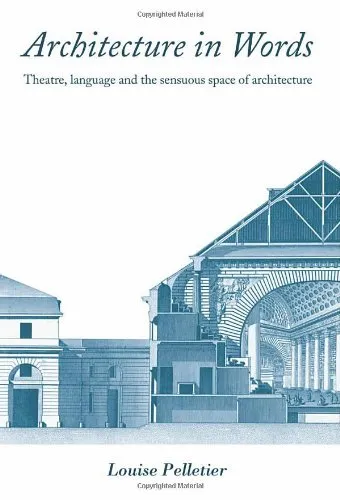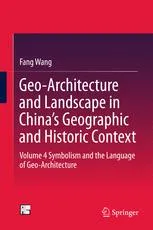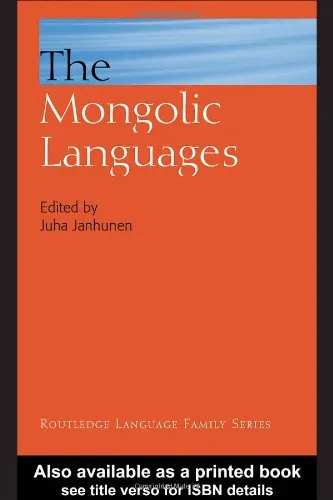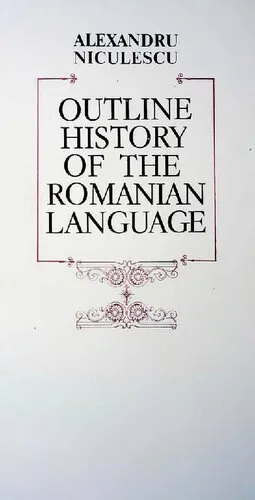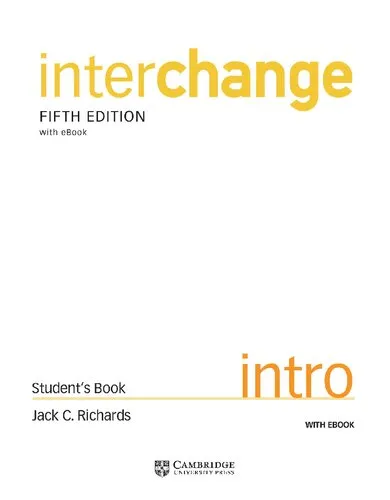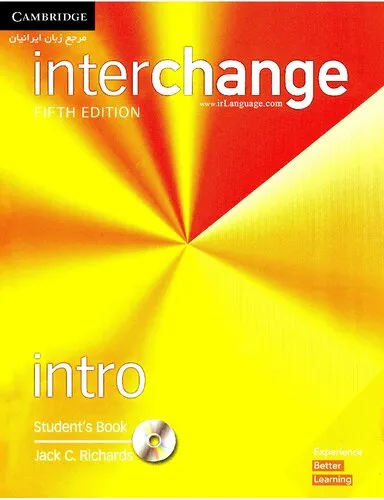Thoreau's Alternative History: Changing Perspectives on Nature, Culture, and Language
3.9
Reviews from our users

You Can Ask your questions from this book's AI after Login
Each download or ask from book AI costs 2 points. To earn more free points, please visit the Points Guide Page and complete some valuable actions.Related Refrences:
Introduction to "Thoreau's Alternative History: Changing Perspectives on Nature, Culture, and Language"
"Thoreau's Alternative History: Changing Perspectives on Nature, Culture, and Language" dives deep into Henry David Thoreau's unique lens on the interplay between nature, culture, and language, challenging conventional narratives and offering an alternative approach to understanding the human experience. Written by Joan Burbick, this book reexamines Thoreau, not merely as a 19th-century transcendentalist or environmentalist, but as a radical thinker who questioned dominant historical, cultural, and linguistic paradigms. Through this in-depth exploration, readers are invited to uncover how Thoreau's views remain relevant in today's world, where sustainable living, cultural transformation, and meaningful communication are more pressing than ever.
With its interdisciplinary approach, the book situates Thoreau’s works within broader discussions of history, literature, and philosophy. Burbick masterfully synthesizes Thoreau’s writings in "Walden," "Civil Disobedience," and lesser-known works to construct a compelling narrative on how human beings can redefine their relationships with the natural world and society. Let's delve deeper into the key components of the book.
Detailed Summary of the Book
The book is structured around Thoreau's philosophical commitment to alternative narratives that counter dominant cultural ideologies. Burbick reveals how Thoreau crafts his “alternative history” by rejecting the erasure of indigenous cultures, critiquing exploitative industrial growth, and grounding his understanding of the world in his relationship with the natural environment. By closely analyzing Thoreau's major works, Burbick uncovers the subtle ways he rewrites the history embedded in language and culture.
In "Walden," for example, Burbick explains how Thoreau redefines the concept of "necessities" by distancing himself from material excess and instead celebrating simplicity as a way of connecting to the essential. Conversely, in "Civil Disobedience," she highlights his linguistic strategy of dissension—language as a form of political and moral resistance against oppression and injustice. Throughout the book, Thoreau is presented as a bridge between ecological consciousness and cultural awareness, refusing to separate them into silos.
The book also delves into Thoreau's commentary on language itself. Burbick argues that he saw language as living and evolving, shaped by its environment. Through this perspective, Thoreau emphasizes how linguistic diversity and cultural practices influence one another over time, offering a counterpoint to modern monolithic interpretations of history.
Key Takeaways
- Thoreau provides a framework for an ecologically integrated life in a world increasingly detached from nature.
- Language and culture serve as integral components in shaping historical narratives, which can often marginalize alternative perspectives.
- Thoreau’s notions of simplicity and civil resistance resonate strongly as solutions to modern societal and ecological crises.
- The book highlights how Thoreau values Indigenous perspectives, positioning them as vital to creating a more inclusive understanding of history and environment.
- Thoreau’s works exemplify how individuals can effect change through principled self-reliance and thoughtful engagement with the world.
Famous Quotes from the Book
“Thoreau’s literary and philosophical experiments stand as critical challenges to the empty repetitions of history written by dominant cultures.”
“Thoreau reminds us of the radical potential in simplicity—not as an end in itself but as a means of seeing clearly, of listening more deeply, and of acting with integrity.”
Why This Book Matters
"Thoreau's Alternative History" sheds light on Henry David Thoreau’s writing as a revolutionary act that resists the reductive forces of colonial, industrial, and linguistic dominance. Joan Burbick’s analysis provides a much-needed reminder of how Thoreau was not simply a romantic naturalist but a thinker deeply engaged in reimagining the power structures of his time, many of which persist today.
This book is essential for readers interested in environmental studies, literature, philosophy, and cultural history. Thoreau's principles are particularly significant in contemporary discourse on climate change, social resistance, and the preservation of cultural diversity. Burbick’s nuanced insights challenge readers to question their own narratives and engage more critically with the world around them.
Free Direct Download
You Can Download this book after Login
Accessing books through legal platforms and public libraries not only supports the rights of authors and publishers but also contributes to the sustainability of reading culture. Before downloading, please take a moment to consider these options.
Find this book on other platforms:
WorldCat helps you find books in libraries worldwide.
See ratings, reviews, and discussions on Goodreads.
Find and buy rare or used books on AbeBooks.
1447
بازدید3.9
امتیاز0
نظر98%
رضایتReviews:
3.9
Based on 0 users review
Questions & Answers
Ask questions about this book or help others by answering
No questions yet. Be the first to ask!
